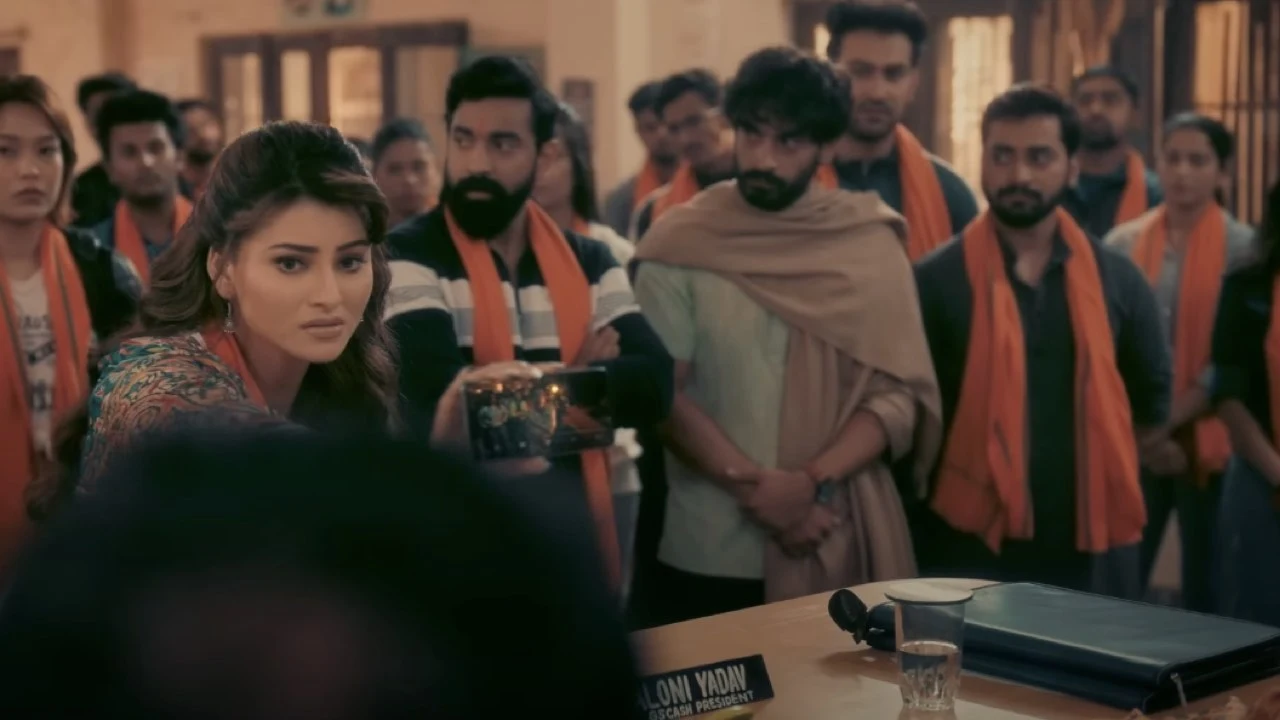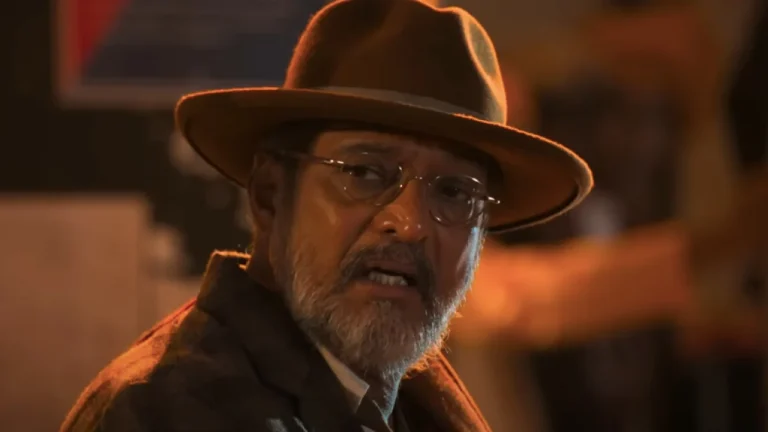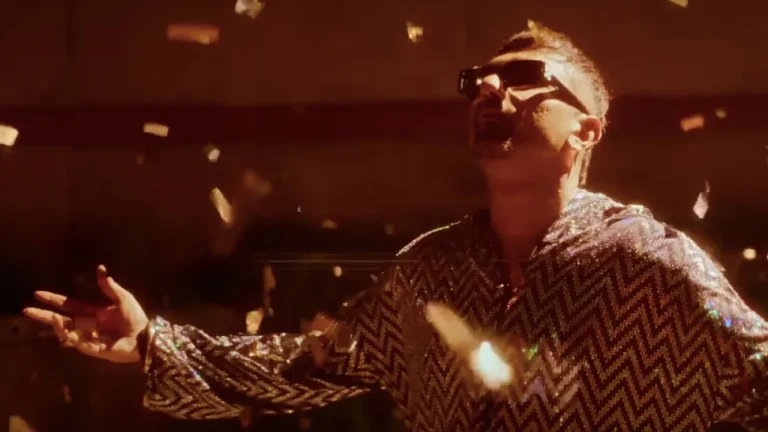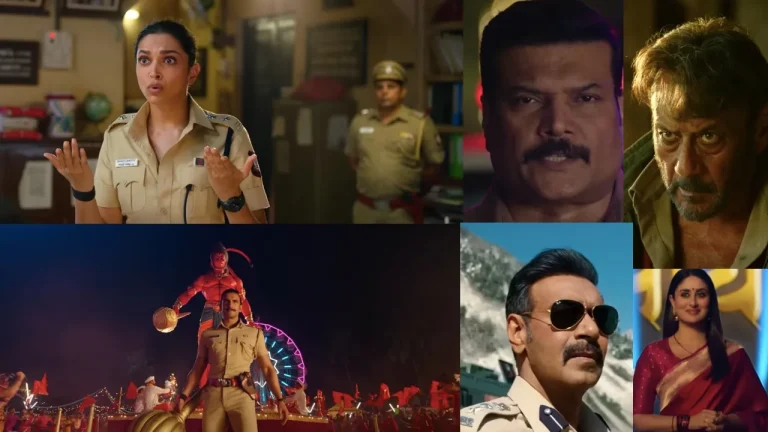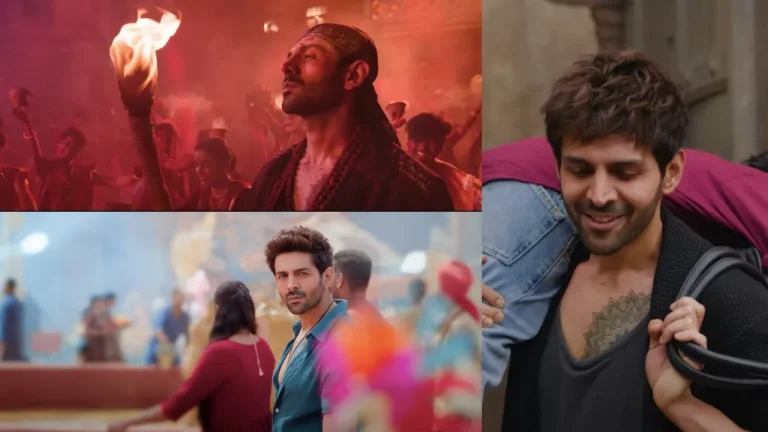Step into the charged atmosphere of Jahangir National University, where ideologies clash and tensions simmer. JNU, the latest political drama to hit theaters, offers a provocative take on campus life and national politics. As I settled into my seat on opening night, I found myself drawn into a world of passionate debates, conflicting loyalties, and the search for truth amidst chaos.
A Story of Ideological Conflict
At the heart of JNU lies the journey of Sourabh Sharma, a small-town student thrust into the politically charged environment of a prestigious university. Director Vinay Sharma wastes no time in setting up the central conflict. Sourabh finds himself at odds with left-wing classmates he views as anti-national. This premise immediately grabs attention, echoing real-world debates about patriotism and dissent on Indian campuses.
Stellar Cast Brings Characters to Life
Siddharth Bodke shines as Sourabh, capturing the characters transformation from wide-eyed freshman to impassioned activist. Urvashi Rautela brings depth to Richa Sharma, adding nuance to what could have been a one-dimensional role. Veterans like Ravi Kishan, Vijay Raaz, and Piyush Mishra lend gravitas to their roles, elevating the films overall impact.

Cinematography Captures Campus Life
The films visual style effectively conveys the energy and tension of university life. Crowded classrooms, heated protests, and quiet moments of reflection are all captured with skill. The cinematography draws viewers into the world of JNU, making them feel like fellow students caught in the unfolding drama.
A Soundtrack That Enhances the Mood
Ajay Kumar Balakrishnans music plays a crucial role in setting the tone of JNU. From stirring patriotic anthems to softer melodies underscoring moments of introspection, the soundtrack complements the on-screen action without overpowering it. Certain musical cues will likely stick with viewers long after leaving the theater.
Dialogue: A Double-Edged Sword
The films dialogue often crackles with intensity, particularly during heated debates and confrontations. However, at times it veers into heavy-handed territory, sacrificing nuance for blunt messaging. This approach may resonate with some viewers while alienating others, depending on their political leanings.
Pacing and Structure
At 2 hours and 32 minutes, JNU is a substantial film that demands viewers attention. The pacing can feel uneven at times, with certain subplots dragging while others feel rushed. Tighter editing could have improved the overall flow of the narrative.
Exploring Complex Themes
JNU tackles weighty themes like nationalism, freedom of speech, and the role of universities in shaping young minds. While the film presents a clear ideological stance, it occasionally allows for moments of ambiguity that hint at the complexity of these issues.
Supporting Characters Add Depth
The films large ensemble cast brings the university ecosystem to life. Characters like Yuvedita Menon (Rashami Desai) and Ravindra Tokash (Vijay Raaz) offer different perspectives on campus politics. These supporting roles help flesh out the world of JNU beyond the main conflict.
Technical Aspects: A Mixed Bag
While the cinematography impresses, other technical elements of JNU fall short. The editing sometimes feels choppy, disrupting the narrative flow. Some visual effects, particularly during crowd scenes, lack polish and can be distracting.
Controversy Surrounding the Film
Its impossible to discuss JNU without acknowledging the controversy it has generated. The films tagline and marketing have drawn criticism from some quarters, accusing it of oversimplifying complex issues. This polarized reception adds an extra layer of intrigue for viewers.
Parallels to Real-World Events
While JNU is set in a fictional university, viewers familiar with Indian current events will likely draw parallels to real-world incidents. The film seems to draw inspiration from actual campus controversies, blurring the lines between fiction and reality.
Performance Highlights
Several performances stand out beyond the lead roles. Piyush Mishras portrayal of Guru Ji brings gravitas to every scene hes in. Sonnalli Seygalls Jahnvi Ojha offers a compelling counterpoint to the main characters views. These nuanced performances add depth to the overall narrative.
Visual Symbolism and Imagery
JNU employs visual metaphors and symbolism throughout, some more subtle than others. The use of flags, protest signs, and other imagery reinforces the films themes. Attentive viewers will find layers of meaning in the visual composition of certain scenes.
Emotional Impact
Despite its political focus, JNU doesnt neglect the emotional journeys of its characters. Moments of personal conflict, friendship, and romance provide a human touch amidst the ideological battles. These quieter scenes often pack an unexpected emotional punch.
Representation of Different Viewpoints
While the film clearly takes a stance, it does attempt to give voice to multiple perspectives within the university setting. However, the depth and fairness of this representation will likely be a point of debate among viewers.
The Role of Social Media
JNU incorporates the influence of social media on campus politics and national debates. The films depiction of how online discourse shapes real-world events feels timely and relevant.
Cinematic Influences
Keen-eyed viewers may spot influences from other political dramas and campus films. JNU doesnt reinvent the wheel in terms of its genre, but it does put a distinctly Indian spin on familiar tropes.
Potential for Dialogue
Whatever ones opinion of its message, JNU succeeds in sparking conversation. The film raises questions that viewers will likely continue discussing long after leaving the theater. Its potential to generate meaningful dialogue about important issues is perhaps its greatest strength.
Conclusion
JNU: Jahangir National University is a film that demands attention, even if it doesnt always earn praise. Its unapologetic approach to hot-button issues will undoubtedly polarize audiences. While flawed in execution, the film succeeds in capturing the passion and complexity of campus politics in contemporary India. Whether viewed as provocative art or propaganda, JNU is sure to leave a lasting impression on those who experience it.
